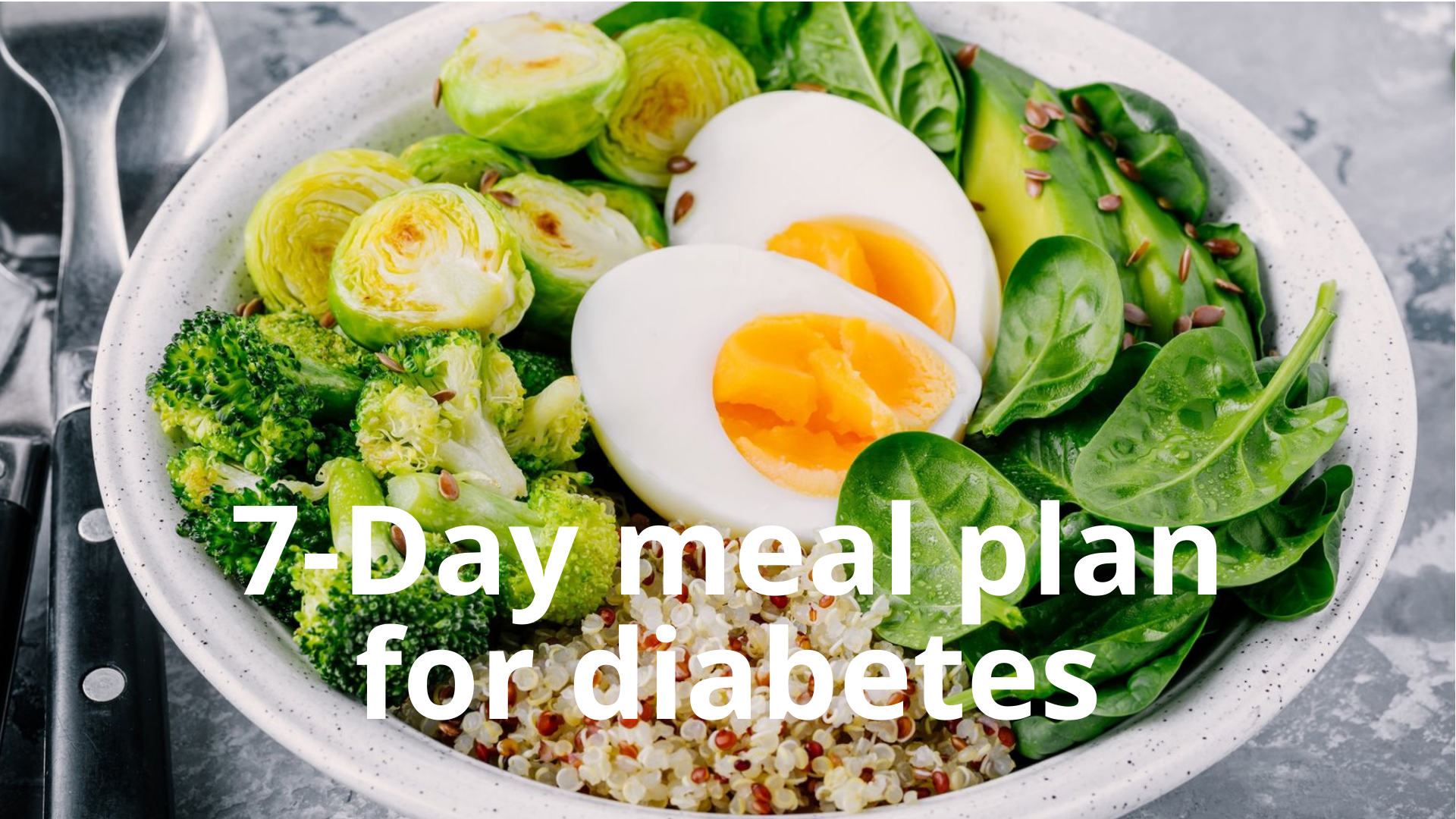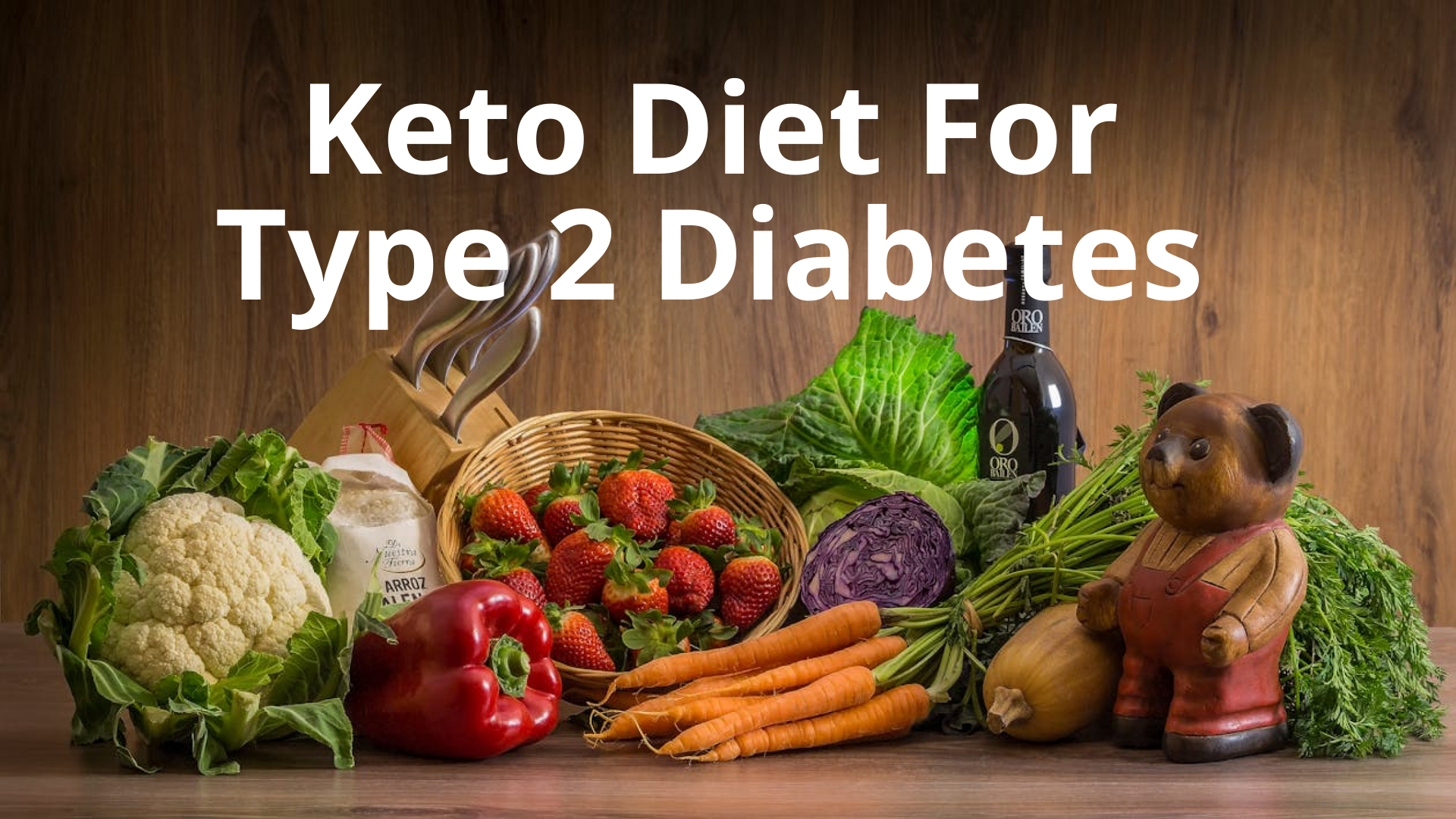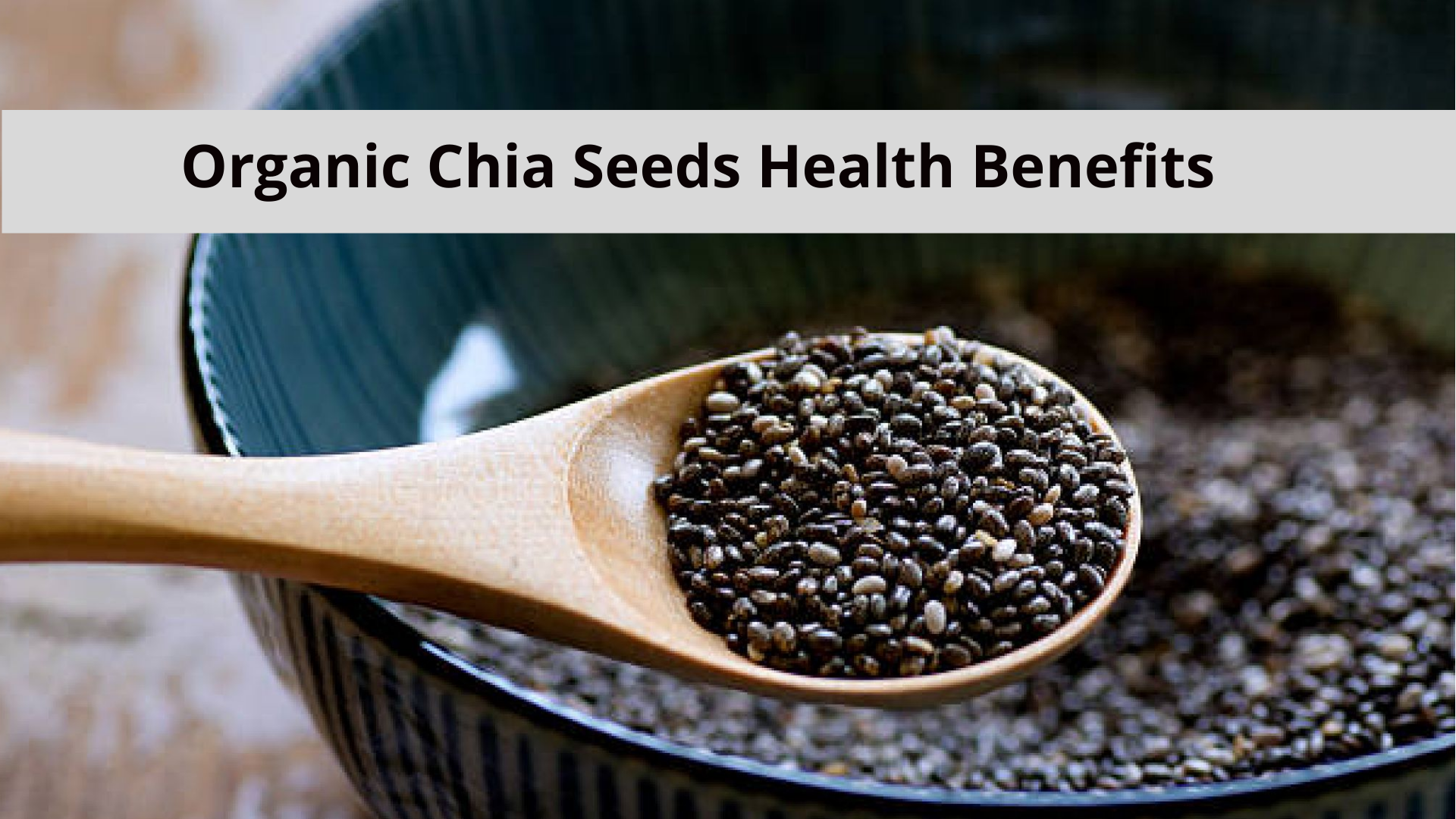A seven-day sugar free vegetarian diet plan with an emphasis on plant-based meals devoid of added sugars that was developed to treat diabetes. In order to support stable blood sugar levels, This plan places a strong emphasis on nutrient-rich foods such as whole fruits, vegetables, legumes, etc.
Many people have a question about how much sugar should I eat a day?
So The average American consumes per day about more than 17 teaspoons of added sugar, significantly almost the 9 teaspoons of sugar recommended for men and 6 teaspoons for women by the American Heart Association. Although added sugars can be a part of a healthy diet, moderation is essential.
Many of us overindulge in them, so if we want to lower your blood sugar levels, tackling them can be a low-hanging fruit. When you go grocery shopping, make sure to carefully read the nutrition label and ingredient list to identify any potential areas in your product that may contain added sugars. So you should buy sugar free products

How Our Meal Plans Are Made
These sugar free meal plans are deliberately created by registered dietitians to be both delicious and simple to follow. Based on the objective lifestyle goal or health condition, each sugar free meal plan satisfies a set of requirements that are evaluated for accuracy using the ESHA Food Processor nutrition database. Since everyone has different dietary demands, we advise you to use these plans as a guide and make any necessary adjustments.
Why You Should Use This Sugar Free Meal Plan
We targeted a moderate carbohydrate amount to further support healthy blood sugar levels. This sugar free meal plan’s percentage of total daily calories from carbohydrates is approximately 40%, which is less than the 45% to 65% recommended 2020–2025 Guidelines for Americans on diet.
This seven-day sugar free plan averages 152 grams of carbohydrates for each day, which is approximately 40% calorie intake on a daily basis. It’s very important to know that there isn’t a universally recommended daily carbohydrate allowance, as individual needs can vary based on different factors like activity level of person etc.
We monitored the amount of fiber consumed. 38 grams of fiber a day is the average intake over seven days. Included in the total amount of carbohydrates, fiber is an indigestible form that doesn’t cause blood sugar spikes. Vegetables, whole grains, legumes, and fruits all contain fiber. This vital nutrient promotes more stable blood sugar levels and has a host of other health advantages.
This sugar free vegetarian meal plan is set at 1,500 calories because many people will lose weight at that level and weight loss can help some people’s blood sugar levels. This sugar free meal plan, like all meal plans, is intended to be used as a model for an eating schedule that is diabetes-friendly. If needed, make changes to suit your tastes and way of life. For vegetarian meal prep ideas, see our vegetarian recipes that are diabetic-friendly Healthy Egg Salad recipes.
To accommodate individuals with varying calorie requirements, this 1,500-calorie meal plan offers adjustments for 2,000 calories. We no longer provide meal plans and adaptations for 1,200 calories, as we did in the past. According to the 2020–2025 Dietary Guidelines for Americans, consuming no more than 1,200 calories per day is unsustainable for long-term health and well-being and too low for the majority of people to achieve their nutritional needs.
Commonly Asked Questions
“Can you swap out meals if there’s one you don’t like?
Absolutely! Feel free to substitute meals with others you prefer. Our sugar free meal plans are meant to be enjoyable, and we offer a variety of vegetarian, diabetes-friendly options. This sugar free plan is designed to provide 1,500 calories per day, with around 150 grams of carbohydrates spread throughout the day to help keep blood sugar levels stable.
We’ve also included at least 64 grams of protein daily to support healthy blood sugar management and ensured that the sugar free meal plan adheres to the 2020-2025 Dietary Guidelines for Americans, keeping sodium intake below 2,300 mg per day. The highlight of this plan is its fiber content—thanks to the inclusion of plenty of fruits, vegetables, whole grains, and vegetarian proteins, it provides an average of 38 grams of fiber per day, which is crucial for maintaining good blood sugar levels.”
Is it okay if I have the same lunch or breakfast every day?
Without a doubt, the caloric content of each breakfast and vegetarian lunch option is comparable. Go ahead and have the same vegetarian lunch or breakfast every day if that’s what you desire. Every breakfast has between 319 and 368 calories, and every vegetarian lunch has between 244 and 512 calories. Even if the day’s lunch has less calories, you’ll still note that we provided larger snacks—especially in the afternoon. Selecting a vegetarian lunch option with comparable calories is a smart move if you’re watching your calories carefully.
“What sets a plant-based, vegan, and vegetarian diet apart?
A vegan diet eliminates all animal products, including dairy, eggs, meat, fish, and honey. A vegetarian diet avoids meat and fish but often includes dairy and eggs.
A plant-based diet focuses on consuming more fruits, vegetables, whole grains, legumes, and nuts. Unlike vegan or vegetarian diets, it doesn’t exclude animal products entirely but prioritizes plant-based foods over animal proteins.”
Why hasn’t the 1,200 calorie restriction been made?
Our sugar free 1500 calorie vegetarian meal plan no longer includes adjustments for 1,200-calorie days. According to the 2020–2025 Dietary Guidelines for Americans, consuming no more than 1,200 calories per day is not sustainable for long-term health and well-being and is too low for the majority of people to achieve their nutritional needs.
Is a sugar free vegetarian Diet Beneficial for Diabetes Patients?
For a variety of reasons, including a desire to lessen their environmental effect, support for animal rights, or just plain personal preference, many people eat vegetarianism. We may now add higher blood sugar levels to the list of potential benefits of vegetarianism. A plant-based vegetarian diet has been linked to improved blood lipid (cholesterol) and blood sugar levels,and also lower the danger of type 2 diabetes.
This sugar free vegetarian meal plan will help to give you some ideas, either you have been vegetarian for years, but want to try different sugar free plans, or you are just trying to lower your intake of animal proteins. And don’t worry if you want to benefit from the health advantages but aren’t interested in being a strict vegetarian. You can still occasionally have animal protein while eating more plant-based meals if you follow the flexitarian diet, which may be a better fit for you.
Sugar Free(No Added Sugar) Vegetarian Food List
- Fruits
- Veggies
- legumes
- lentils
- Soy (tempeh, edamame, and tofu)
- Seitan
- Nuts
- Seeds
- Whole grains: brown rice, bulgur, oats, and more
- Eggs
- Dairy (milk, cheese, kefir, yogurt)
- Oils (like avocado and olive oils)
- Spices and herbs
Vegetarian Meal Prep Ideas for the Entire Week:
First Day
Breakfast: 319 energy, 38 grams of carbohydrates
One breakfast taco with spinach, feta, and egg.
One medium apple
Breakfast Snack (42 calories, 11g carb)
Half a cup of blackberries
Vegetarian lunch (41 grams of carbohydrates, 512 calories)
One sandwich with loads of avocado and cucumber.
One container (5.3 oz) of Greek-style low-fat plain strained yogurt
PM Snack (35 grams of carbohydrates and 208 calories)
¼ cup dry-roasted, unsalted pistachios in their shells
1/4 cup raspberries

Supper: (427 calories, 36 grams of carbohydrates)
One dish of grilled cauliflower steaks with butter beans and almond pesto
Total daily: 1,723 mg of sodium, 1,508 calories, 82g of fat, 66g of protein, 141g of carbohydrates, and 35g of fiber.
Increase the calorie count to 2,000: Add one serving of cottage cheese snack jar with fruit to breakfast, one serve of caprese salad with cherry tomatoes to dinner, and ¾ cup of low-fat plain kefir to breakfast.
Day Two
Breakfast: 26 grams of carbohydrates and 368 calories
One portion Tofu Blend
One medium orange
Breakfast Snack (59 calories, 14g carb)
One medium-sized peach
Vegetarian lunch (332 calories, 48 grams carbs)
One bowl of lentil soup (vegan)
½ cup of sliced cucumber
Two tablespoons of hummus
PM Snack (12 grams carbohydrates and 215 calories)
One snack jar with cottage cheese and fruit
Vegetarian dinner ideas: 521 calories, 42 grams of carbs
Shakshuka (eggs poached in spicy tomato sauce), one serve
One avocado caprese salad serving
Totals for the day: 1,494 calories, 73 grams fat, 82 grams protein, 143 grams carbohydrates, 37 grams fiber, and 1,579 milligrams of sodium
Increase the calorie count to 2,000: For breakfast, include one cup of low-fat plain kefir, for a midday snack of ¼ cup of unsalted dry-roasted almonds, and for an evening snack of one serving of apples with cinnamon almond butter.
Day Three
Breakfast: 319 energy, 38 grams of carbohydrates
One breakfast taco with spinach, feta, and egg.
One medium apple
Breakfast Snack (215 calories, 12 grams of carbs)
One snack jar with cottage cheese and fruit
Vegetarian lunch(332 calories, 48 grams of carbs)
One bowl of lentil soup (vegan)
½ cup of sliced cucumber
Two tablespoons of hummus
PM Snack: 23 grams of carbohydrates and 234 calories
¼ cup dry-roasted, unsalted pistachios in their shells
One medium-sized peach
Vegetarian dinner ideas: 406 calories, 38 grams of carbsOne dish of Tacos with Chipotle Tofu
One dish of hot cabbage slaw
All combined, 1,507 calories, 73g fat, 70g protein, 159g carb, 33g fiber, and 1,449 mg salt were consumed per day.
Increase the calorie count to 2,000: Add a medium banana with two tablespoons of almond butter as an evening snack, ¼ cup of guacamole for supper, and one cup of low-fat plain kefir for breakfast.

Day Four
Breakfast: 26 grams of carbohydrates and 368 calories
One portion Tofu Blend
One medium orange
Breakfast Snack (142 calories, 13 grams of carbs)
One container (5.3 oz) of Greek-style low-fat plain strained yogurt
1/4 cup raspberries
Vegetarian lunch(332 calories, 48 grams of carbs)
One bowl of lentil soup (vegan)
½ cup of sliced cucumber
Two tablespoons of hummus
PM Snack (15g carbohydrate, 136 calories)
One big hard-boiled egg
One medium-sized peach
Vegetarian dinner ideas: 54 grams of carbs and 536 calories
One dish of baked chickpeas with tomato and feta
Totals for the day: 1,751 mg of sodium, 1,513 calories, 65g fat, 89g protein, 157g carbohydrate, and 37g fiber.
Increase the calorie count to 2,000: For morning, include one cup of low-fat plain kefir; for a midday snack, add ¼ cup of unsalted dry-roasted almonds; and for supper, add one dish of grilled eggplant salad.

Day Five
Breakfast: 319 energy, 38 grams of carbohydrates
One breakfast taco with spinach, feta, and egg.
One medium apple
Breakfast Snack (215 calories, 12 grams of carbs)
One snack jar with cottage cheese and fruit
Vegetarian lunch(332 calories, 48 grams of carbs)
One bowl of lentil soup (vegan)
½ cup of sliced cucumber
Two tablespoons of hummus
PM Snack: 23 grams of carbohydrates and 234 calories
¼ cup dry-roasted, unsalted pistachios in their shells
One medium-sized peach
Vegetarian dinner ideas: 55 grams of carbohydrates and 492 calories
One dish of Black Bean and Butternut Squash Chili for Vegetarians
two cups of mixed greens
Lemon-Garlic Vinaigrette, one serving
Make-Ahead Tip: On Days 6 and 7, set aside 2 servings of the vegetarian butternut squash chili with black beans for lunch.
Daily totals: 1,493 calories, 1,533 mg of sodium, 64g of protein, 166g of carbohydrates, and 70g of fat.
Increase the calorie count to 2,000 by include 1 plum for lunch, ½ of an avocado (sliced) in the salad for dinner, and 1 medium banana with 2 tablespoons of almond butter for a late-afternoon snack.
Day Six
Breakfast: 26 grams of carbohydrates and 368 calories
One portion Tofu Blend
One medium orange
A.M. Snack (19 grams of carbohydrates, 163 calories)
One container (5.3 oz) of Greek-style low-fat plain strained yogurt
One cup of strawberries, sliced
Vegetarian lunch– 244 calories, 41 grams of carbs
One dish of Black Bean and Butternut Squash Chili for Vegetarians
PM Snack: 210 calories, 30 grams of carbs
One medium banana
One tablespoon of natural peanut butter
Vegetarian dinner ideas: 517 calories, 38 grams of carbs
One dish of edamame and Greek salad
One serving of everything Toast with Bagel and Avocado
Daily totals: 1,501 calories, 1,608 mg of sodium, 70g of fat, 83g of protein, 154g of carbohydrates, and 43g of fiber.
Increase the calorie count to 2,000: For breakfast, have one cup of low-fat plain kefir, for lunch, a medium apple, and for a morning snack, 1/4 cup of unsalted dry-roasted almonds. At the PM snack, up to two tablespoons of natural peanut butter.

Day 7
Breakfast: 319 energy, 38 grams of carbohydrates
One breakfast taco with spinach, feta, and egg.
One medium apple
Breakfast Snack (215 calories, 12 grams of carbs)
One snack jar with cottage cheese and fruit
Vegetarian lunch– 244 calories, 41 grams of carbs
One dish of Black Bean and Butternut Squash Chili for Vegetarians
PM Snack (8 grams of carbohydrates and 223 calories)
two celery stalks
Two tsp of organic peanut butter
Vegetarian dinner ideas: 41 grams of carbohydrates (488 calories)
One dish of Chickpea Pasta with Kale and Mushrooms
two cups of mixed greens
Lemon-Garlic Vinaigrette, one serving
Daily totals: 1,489 calories, 141g of carbohydrates, 65g of protein, 80g of fat, 38g of fiber, and 1,459 mg of sodium
Increase the calorie count to 2,000: Add half an avocado (sliced) to the salad for dinner, one (5.3-oz) container of low-fat plain Greek-style yogurt for Vegetarian lunch, and one (¼ cup) of unsalted dry-roasted almonds and a plum for an evening snack.



Pingback: Can You Drink A Beer Every Day? Is It Healthy?|2024